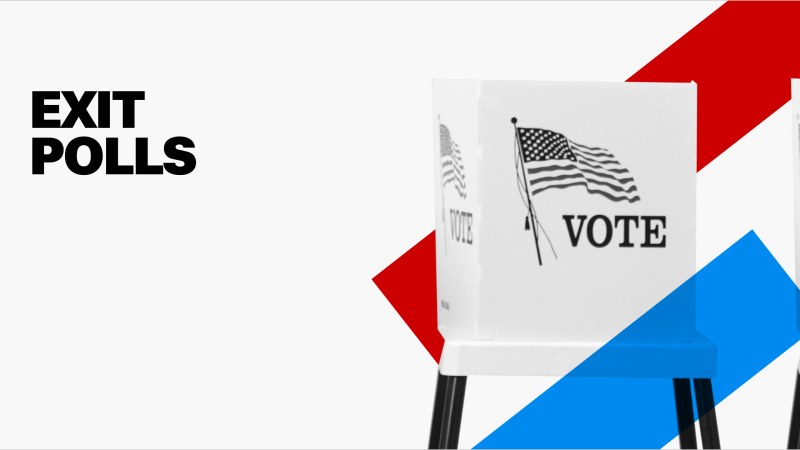According to these CNN exist polls, 53% of respondent voters were women, and 47% were men. 54% of female respondents voted for Harris, 44% for Trump. 54% of male respondents for Trump and 44% for Harris. That means Harris should win the popular vote, if these polls are indicative of the election as a whole. But, she isn’t winning the popular vote, she’s losing by more than five million votes. That must mean that many more women than men voted on election day, but many more men than women voted early and/or by mail/absentee. Isn’t that kind of odd? You’d think the gender breakdown of mail in and early voting would be roughly the same as election day voting. The only other thing I can think of is these exit polls just aren’t indicative of the election broadly. Maybe CNN’s exit polls aren’t capturing a large or diverse enough sample size?



The problem with exit polling, as with the problem with polling in general (exacerbated by the modern age), is that they’re voluntary. The simplest explanation is that a higher percentage of women answered the exit poll than men. Or that women who voted for Trump were less likely to answer the poll. Or the people lied when they answered the poll.
There can also be statistics reasons for it too. Not knowing the methodology behind how this was collected, but you can also have selection effects. If I’m trying to run a statistical analysis on a population, I want as many respondents as possible to reduce the error and deviation, but I also have to operate with limited funds. Be much more efficient to post a few people up in higher density places like cities that tend to vote more blue anyways than having pollsters scour the backroads of Wyoming, for example, where I would wager a higher percentage of women voted for Trump.
In the end, don’t put too much stock in pre-election polls, and definitely don’t put too much stock in exit polls. Think about it like this, if you got a phone call from a random number, would you pick up and answer questions about how you vote in such a controversial election? If the answer is no, then you know why polls aren’t accurate